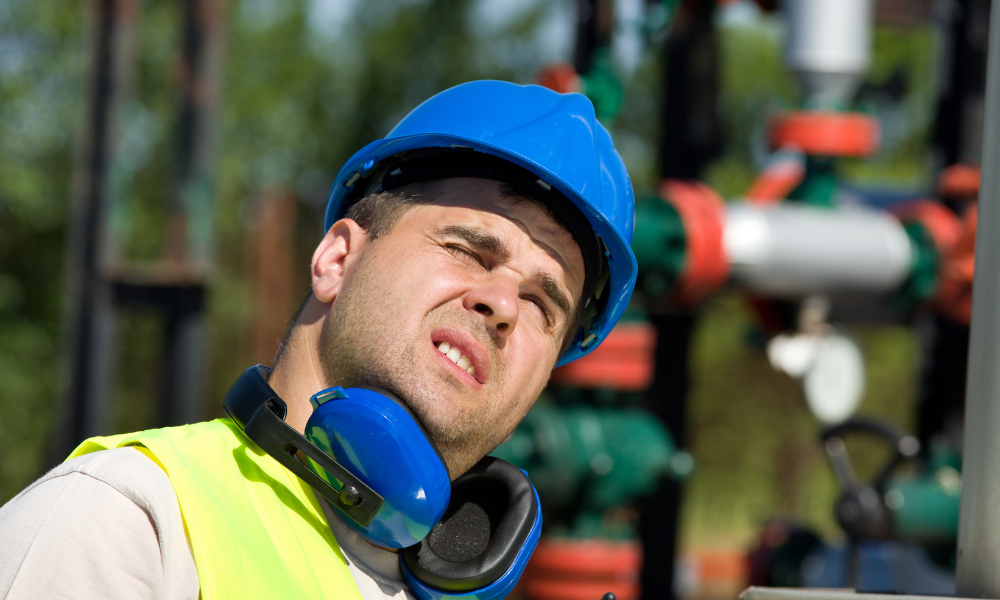Canadian Safety Summit panel will focus on blending of EHS and ESG

As the Canadian Safety Summit 2024 approaches, industry professionals eagerly anticipate a transformative event designed to enhance workplace safety standards. Scheduled for June 11 at the Pearson Convention Centre in Toronto, this year’s summit promises to delve into crucial topics, including the integration of Environmental, Health, and Safety (EHS) responsibilities into Environmental, Social, and Governance (ESG) roles. A highlight of the summit is the panel discussion titled ‘Meeting the Growing Role of EHS Professionals in ESG,’ featuring Bertrand Revenaz, vice president of product for ESG and data intelligence at EcoOnline.
Revenaz says EHS professionals need to be prepared to tackle ESG responsibilities. “There's a good chance you're going to be handed the ESG hot potato at some point, and you should start learning about it now.” This sentiment reflects a broader trend where EHS roles are evolving to encompass ESG responsibilities, a shift that poses both challenges and opportunities for professionals in the field.
The convergence of EHS and ESG practices is not just a passing trend but a critical evolution in corporate governance. “EcoOnline firmly believes that EHS and ESG and chemicals are all linked and that there's a common thread that goes through all of them,” Revenaz explains. This interconnectedness means that EHS professionals are uniquely positioned to contribute to and benefit from comprehensive ESG strategies.
Challenges and Opportunities
Integrating ESG into the EHS function is not without its challenges. EHS professionals often face steep learning curves and increased workloads as they adapt to new responsibilities. However, Revenaz offers a solution: “The key there is to recognize that digital solutions can help improve outcomes for both EHS and ESG.” By leveraging technology, EHS professionals can streamline processes, enhance data collection, and improve overall corporate practices.
One of the pressing issues at the intersection of EHS and ESG is climate change, which Revenaz says poses immediate and future risks. “Climate change has real effects on health and safety right now, and those effects are going to keep increasing in the future.” Addressing these risks requires a proactive approach, incorporating climate data into safety planning and risk management strategies.
The importance of the summit
The Canadian Safety Summit serves as a vital platform for professionals to exchange ideas, gain new insights, and network with peers. Revenaz, who comes from a pure ESG background, finds great value in these interactions: “Talking to EHS professionals for me is invaluable in understanding how they approach ESG and the unique perspectives they bring to it.” For anyone in the field, whether an EHS or ESG professional, the summit offers a unique opportunity to learn, share, and grow.
As the panel discussion on "Meeting the Growing Role of EHS Professionals in ESG" approaches, it becomes clear that the Canadian Safety Summit 2024 is more than just an event—it's a crucial step in the journey towards more integrated and effective corporate governance. Revenaz’s insights highlight the importance of this integration and the benefits it brings. Professionals attending the summit can expect to leave with a deeper understanding of how to navigate the complexities of EHS and ESG, equipped with strategies and tools to enhance their roles and contribute to safer, more sustainable workplaces.





